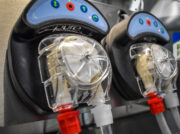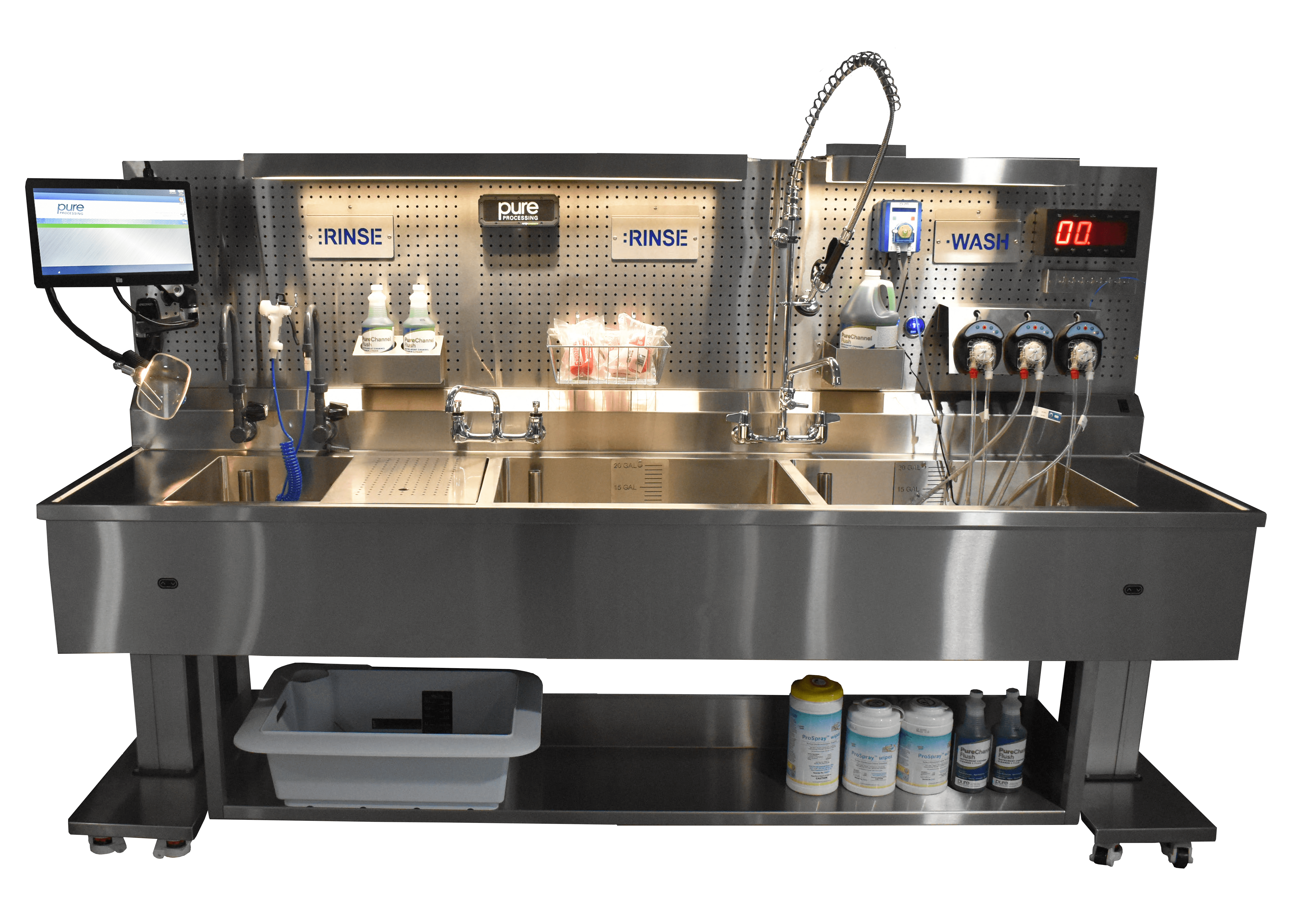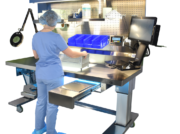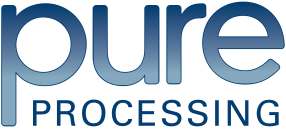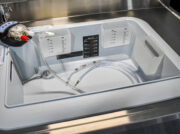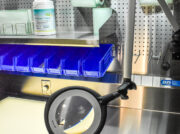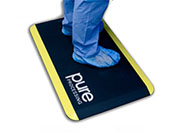
All About: The Joint Commission – The Fundamentals of Preparing Your Department
Most medical facilities in the U.S. will face an accreditation survey at one point by the Joint Commission (TJC); about 88% hospitals are certified by the TJC. This accreditation process provides structure and guidelines for healthcare systems, and provides measured ways to improve patient care, and reduce healthcare associated infections (HAI’s), particularly surgical site infections (SSI’s). But in 2006, the shift to making surveys unannounced surveys began, encouraging healthcare facilities to be continuously prepared, and focus on a consistent process of improving and bettering outcomes.
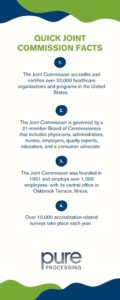 This surprise visit can create a sense of chaos or unease in the minds of some sterile processing and GI managers. Even a single observation can lead to a request for improvement (RFI). But by understanding some core fundamentals, any healthcare facility can be prepared for their next visit.
This surprise visit can create a sense of chaos or unease in the minds of some sterile processing and GI managers. Even a single observation can lead to a request for improvement (RFI). But by understanding some core fundamentals, any healthcare facility can be prepared for their next visit.
Understand your accreditation body
Not all medical facilities will face accreditation by TJC. For ambulatory centers, they may face accreditation through the American Association for Accreditation of Ambulatory Surgery Facilities (AAAASF), or Accreditation Association for Ambulatory Health Care (AAAHC), and all states have healthcare licensing programs. Verify your accreditation body, so the appropriate regulations and considerations are kept in mind.
Re-read the essentials
The TJC will want assurance that facilities are following relevant regulations, standards and guidelines pertaining to instrument reprocessing. ANSI/AAMI ST79 and ANSI/AAMI ST91 provide guidance on workflow and department organization and are worth a re-read often, by all staff members. The Centers for Disease Control (CDC), Association of Operating Room Nurses (AORN), Society of Gastroenterology Nurses and Associates (SGNA) are also very relevant to name a few. This may also be an appropriate time to ensure departments have the most updated copies of these relevant guidelines.
Instrument instructions for use (IFU) are also important, and should be updated.
The Sterile Processing in Healthcare Facilities: Preparing for Accreditation Surveys guideline is another helpful tool, especially for newer management or staff members.
Routinely dust off competencies
Sterile processing is the subject matter of all things related to instrument reprocessing. Surveys want assurance that staff are fully competent (and confident) in their core cleaning responsibilities. They may also assess certifications, and involvement with professional associations. Ensuring job responsibilities accurately reflect work, and yearly assessments of responsibilities are performed are important.
Ensure that current policies and procedures at the facility are reviewed and reflect current regulatory guidance. Staff must be able to demonstrate knowledge and adherence to the hospitals policies.
Mock surveys
Mock surveys, and implementing tracer methodology, can help create a living exercise of the real thing. Getting away from a desk, table or sink and conducting a tracer and secondary tracer exercise can bring out real gaps in compliance, training, or areas for improvement. It can also be crucial to include infection control, the OR, or others to lessen the ‘tunnel vision’ effect.
Takeaways
Accreditation is not to be feared. The accreditation and survey process helps provide frameworks for healthcare facilities to ensure an ongoing commitment and dedication to patient care. But a proper understanding of the process and requirements involved can greatly reduce stress and anxiety when a surprise survey is announced.
Now that you’ve got the fundamentals down, check out: How to Ace a Visit from the Joint Commission
